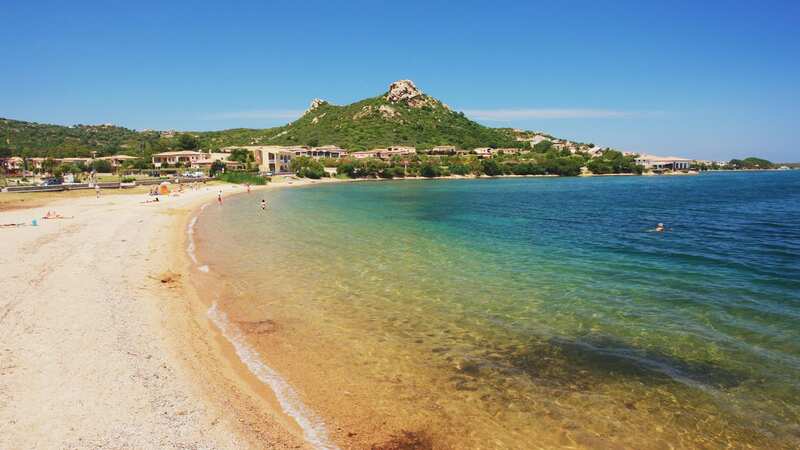Earth's blue oceans are turning green in devastating impact of climate change

Earth's blue oceans are turning green because of climate change. Scientists found significant colour changes to seas around the world over the past two decades that cannot be explained by natural variations.
The colour shifts have occurred over 56 per cent of the world’s oceans. Tropical ocean regions near the equator have become particularly green, researchers found.
Scientists cannot say how exactly marine ecosystems are changing but the team, including scientists from the UK’s National Oceanography Centre, are certain of one thing: human-induced climate change is probably causing the colour shift.
Greener water usually indicates an excess of phytoplankton – plant-like microbes that contain chlorophyll.
Study co-author Dr Stephanie Dutkiewicz, of the Massachusetts Institute of Technology, US, said: “I’ve been running simulations that have been telling me for years that these changes in ocean colour are going to happen.
 Protesters planned to kidnap King Charles waxwork and hold it hostage
Protesters planned to kidnap King Charles waxwork and hold it hostage
 Dr Stephanie Dutkiewicz co-authored the study
Dr Stephanie Dutkiewicz co-authored the study“To see it happening for real is not surprising, but frightening.”
The study used data from NASA’s Aqua satellite, which has been monitoring ocean colour for 21 years.
This comes after last week scientists revealed that sharks and jellyfish could soon be a common sight in UK waters. As the world gets unnaturally warmer through man-made climate change, British waters are getting warmer too.
There are more than 40 different species of shark living in or visiting the UK's waters, according to the Marine Conservation Society (MCS). They include basking sharks, mako sharks, thresher sharks, and even Greenland sharks.
Unusual jellyfish species are cropping up more often on UK beaches, it's been revealed. There were 11 species spotted around the UK at the end of last summer, which is more than the usual eight.
Bioluminescent crystal jellyfish made up about three percent of all jellyfish sightings last year, according to the MCS. The species - which is completely transparent and gives off a shimmery green-blue light - is usually found in the warmer Pacific Ocean waters.
Despite looking similar, Portuguese man o'war are actually different from jellyfish. Their long tendrils can reach 30m underneath the water, and are used to paralyse their prey; usually small fish and crustaceans.
They're rarely deadly to people - but their stings will certainly leave a mark. Most people associated orca whales with the chilly waters surrounding the Arctic or Scandinavia - but they're more recently being found in Scotland.
It's never been unusual to see an orca around the Scottish coastline - but it certainly is unusual to see them in their current numbers.
They've also been found in the English Channel, the Irish Sea, and even around the Cornish Isles of Scilly. It's believed they're following their natural prey - mackerel and herring - as they migrate further south, and fishermen seeing more every year.
 Sebastian Vettel warns of looming F1 ban and is "very worried about the future"
Sebastian Vettel warns of looming F1 ban and is "very worried about the future"
Read more similar news:
Comments:
comments powered by Disqus

































